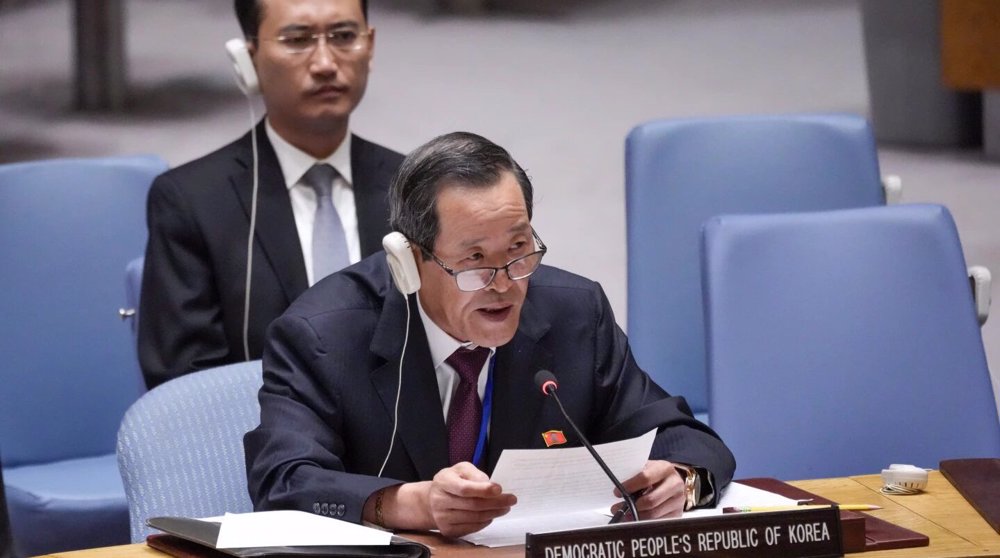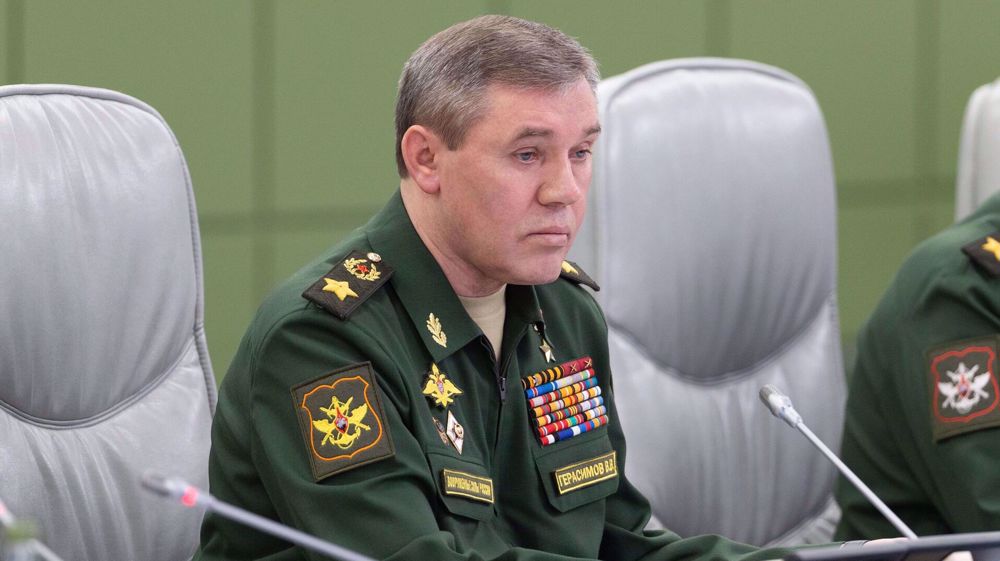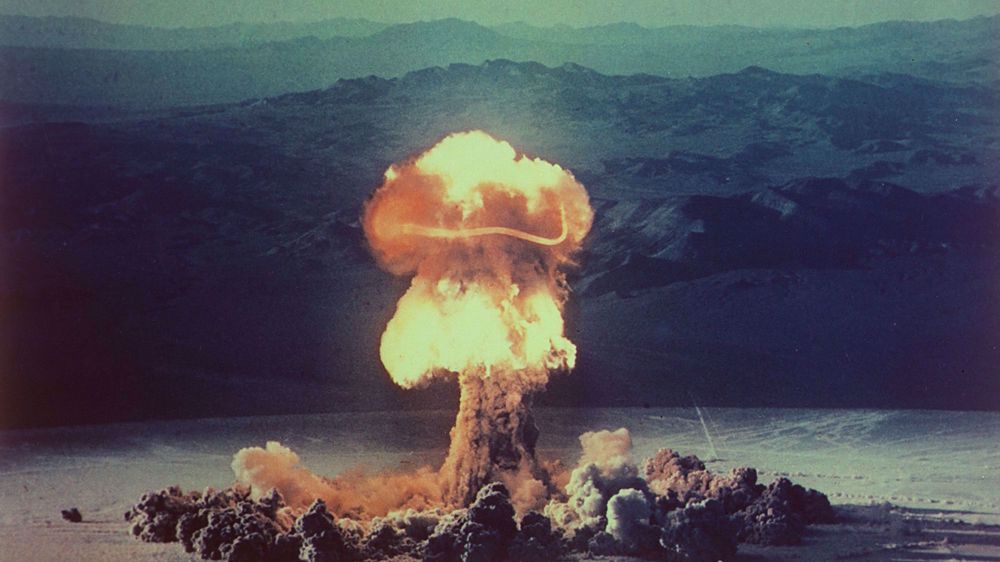North Korea: on the verge of a breakthrough
DPRK: a country living in the shadows for decades. Unjustifiably, a target of western imposed sanctions, including the US and the UN. For years, the UN has been imposing sanctions on DPRK, apparently to target the country's so-called nuclear adventurism. That's while Pyongyang considers the UN sanctions as enforcing the US-led hostile policy towards its people and peaceful economy.
But it seems like a miracle for a country such as DPRK to survive, despite so many things that threaten its economy: draught, famine, sanctions, and war, to name a few.
With endless rounds of sanctions on DPRK, it's worth asking why such penalties have been failing so far. In fact, its economy is improving slowly but surely.
Bloomberg has recently cited that DPRK's secret weapon is not its nuclear bomb but economic growth. In an attempt to overhaul its failing economy, Pyongyang announced in 2013 plans to introduce economic zones in every province.
The country's gross domestic product, however, grew by an estimated 3.9 percent last year, to about $28.5 billion. DPRK's per-capita GDP is now at the same level with Rwanda, a success story of the African economy.
It's generally assumed that DPRK's economy is a socialist nightmare; an assumption with roots in Western stereotypes than in reality. It's partly due to the country's trade with China. Although China has agreed to ban DPRK coal imports, iron imports have surged and total trade increased by 10.5 percent in the first half of the year, to $2.55 billion.
At the same time, economic reforms made after Kim Jong-un came to power have begun to take hold both in business and agriculture. The government has even come to tolerate private enterprises, though on a limited basis.
"DPRK" might conjure up an image of a mass military parade, with thousands of bodies moving in perfect sync. But far from the madding crowd, the socio-economic changes are quite visible in the country, particularly in big cities. Luxury high-rises, modern supermarkets, fashionable shops, once rare, are now common in Pyongyang; a telltale sign that the private sector is active in the country. The private sector has in fact played an increasingly important role in the country’s economy since the mid-1990s, especially after a three-year famine when the government could not afford to feed the people.
14 countries condemn Israel's West Bank settlement plan
UN experts condemn US blockade of Venezuela
Iran stocks extend rally as TSE index surpasses 4 million points
Rights group reports worsening humanitarian conditions in Israeli prisons
EU slams US over visa ban on officials regulating 'online censorship rules'
Iran welcomes deal between Yemen’s sides to swap nearly 3,000 prisoners
Diplomacy does not entail sending bombers, Iran’s foreign minister tells US
Israel approves 126 illegal units in West Bank settlement evacuated in 2005









 This makes it easy to access the Press TV website
This makes it easy to access the Press TV website